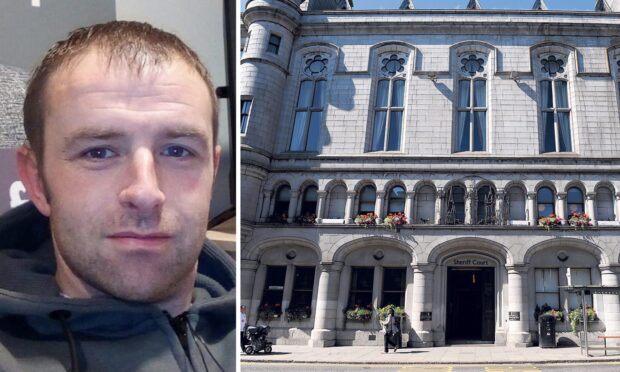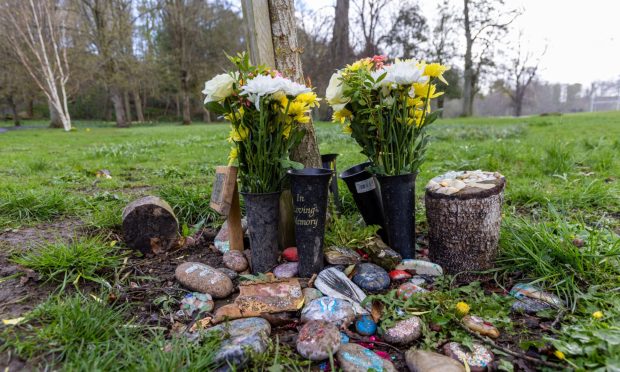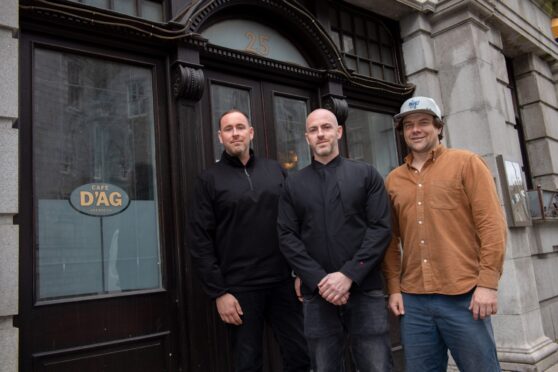A potential ban on future exploration in the North Sea has been branded “reckless” by an Aberdeen MP.
The UK Government suggested it could make the move as part of plans to meet climate targets.
It is being considered as part of preparations for the COP26 conference in Glasgow later this year.
However, Aberdeen South MP Stephen Flynn – the SNP’s spokesman for business and energy – said the proposal puts progress already made towards energy transition at risk.
“To float a ban on exploration without having announced an Energy Transition Deal, nor even mentioned how much money they intend to invest in its delivery, is bordering on reckless and risks undermining the hard work of those who are working so hard to deliver the transition we all want to see,” he said.
“The reality is that to achieve a fair energy transition that protects jobs and ensures security of energy supply we need to harness the skills, expertise and capital of North Sea firms and back it up with transformative investment from this UK Government.”
Industry body Oil and Gas UK said a ban on exploration would hinder the UK’s ability to meet its goals.
The organisation’s sustainability director Mike Tholen said: “Any curtailment of activity by licensing constraints risks impeding the UK’s ability to deliver a net-zero future, damaging our domestic supply chain and increasing energy imports whilst exporting the jobs and skills.
“Our industry is leading the way on green technologies including the switch to hydrogen and long-term storage of CO2.
“Achieving this through UK companies will require significant investment and we continue to work constructively with the government to show this industry has the essential expertise and commitment to ensure delivery.”
The government is currently undertaking a review of policy on future licensing rules for oil and as exploration.
The UK Department for Business, Energy and Industrial Strategy (BEIS), pointed to the independent Committee on Climate Change having recognised the role of oil and gas for the UK reaching its legal target of net-zero by 2050, including it in all scenarios.
BEIS also highlighted that the sector supports 270,000 jobs UK-wide.
A spokesperson said the licensing review “seeks to ensure it remains compatible” with the net-zero target, adding that a North Sea Transition Deal will be signed in coming months “to create jobs, retain skills and deliver new business and trade opportunities”.
The Scottish Government said it has not been included in the review to date, adding that it is committed to ensuring a just transition that “leaves no-one behind”.
A spokesperson added that the sector is an “important player” in ensuring the security of energy supply for Scotland and that the sector’s expertise will be used for the development of key low-carbon technologies, such as carbon capture and storage (CCS).
They added: “We have not been involved in that review to date but would expect to be involved meaningfully given the review’s significance to future energy supplies, and in order to ensure a just transition for the more than 100,000 Scots who work in Scotland’s oil and gas sector, as both Scotland and the UK move towards net-zero.”











